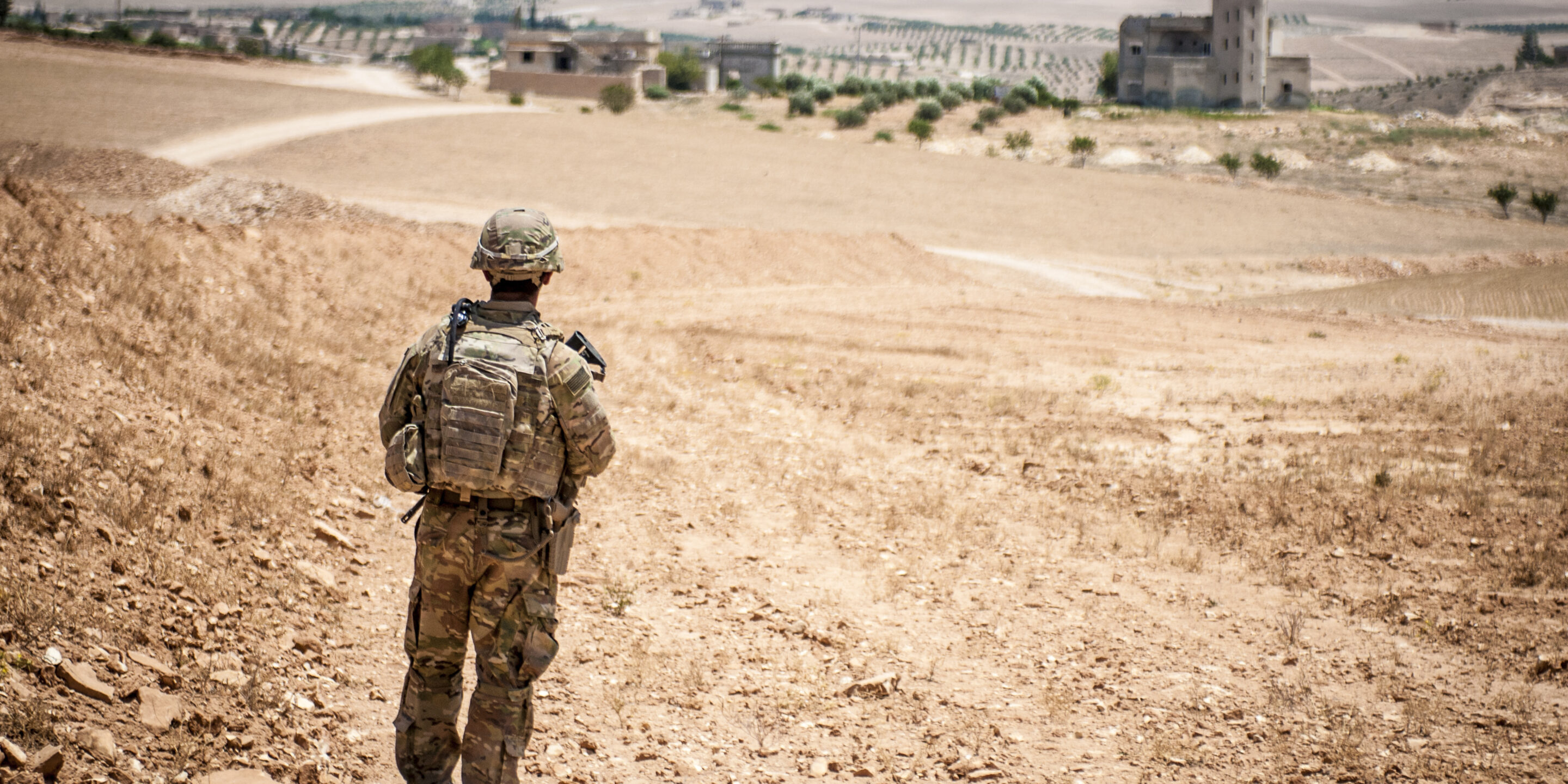December 10, 2024
Syrians are relieved Bashar Assad is gone. They also are right to be concerned about the future.

The king is dead — or, rather, he’s somewhere in Moscow enjoying exile with his family.
Syria, dominated by Bashar Assad and his family for more than half a century, is now in the early stages of a new beginning after rebels triumphantly rode into Damascus after a 10-day, cross-country offensive. The Syrian army, whose troops were underpaid, demoralized and forcibly recruited, chose to strip off their uniforms instead of putting up a fight. A victorious Abu Mohammed al-Golani, a former leader of the al-Qaida branch in Syria, stepped into the historic Umayyad Mosque in Damascus like the conquering hero. Thousands of Syrians displaced by the nearly 14-year civil war are traveling back to their country, some having been exiled from their own land for more than a decade.
There is a collective sense of relief in these early days that the tyrant and his labyrinth system of underground dungeons are now things of the past. Yet there is also a sense of confusion and concern, particularly among the country’s minority communities, about how Syria will now be governed. Nobody is crying over the demise of Assad’s mafia state — even Iran, one of Assad’s primary backers, was increasingly irritated at his intransigence. But the fact that the strongest anti-Assad faction is a former Al-Qaida affiliate headed by a man who still has a $10 million FBI bounty on his head doesn’t escape anybody’s notice.
For many, it’s a time to celebrate. Eventually, however, hard reality will rear its ugly head. Internally, cobbling together a united, effective post-Assad government is the goal. But having a goal and executing it are entirely different things. While the Assad regime is now on the ash heap of history, Syria is still very much a state in turmoil, tugged in different directions by competing foreign powers that have every intention of keeping their influence.
More on Middle East

Featuring Jennifer Kavanagh
April 17, 2025
Events on Syria








